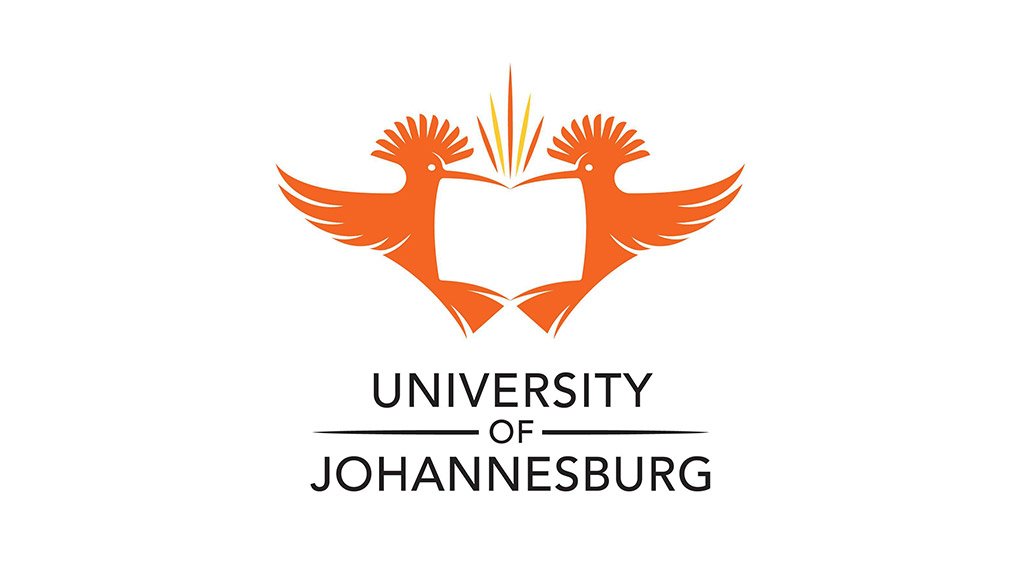/ MEDIA STATEMENT / The content on this page is not written by Polity.org.za, but is supplied by third parties. This content does not constitute news reporting by Polity.org.za.
The mining industry – both globally and in Africa – has entered a new era in which automation technologies are increasing at a rapid rate. This means there is an increased need for this sector to embrace 4IR technologies and become innovative in the way the production processes.
To assist mining companies to embrace the fourth industrial revolution technologies and modernise their operations, the University of Johannesburg (UJ) has collaborated with the Council for Scientific and Industrial Research (CSIR). This collaboration aims to ensure the future sustainability of the mining sector, immersed in new technology development initiatives, over the next five years. In this regard, UJ’s Institute Intelligent Systems (IIS) will play an important role, offering research-based scientific knowledge on modern mining practices that incorporates the use of 4IR technologies.
Commenting on the partnership, sealed with a signing of a Memorandum of Understanding (MoU) between UJ and CSIR, the Director at UJ’s IIS, Professor Prof Paul Babu, said: “Many mining companies in South Africa and on the African continent still use ancient and traditional production practices. The MOU marks a new milestone that leads to research-based policy formulation geared towards assisting the sector in South Africa and Africa.”
He said in addition to smart mining, the collaborative undertakings include facilitating mutual sharing of best practices and expertise in health and safety, automation, e-government, robotics, Artificial Intelligence and augmented reality. Others are the Internet of Things, distributed ledger technology, smart mobility, defense and security.
“Working with CSIR is in line with South Africa’s President Cyril Ramaphosa’s call for the country to embrace 4IR and the opportunities it presents. At UJ, we acknowledge the importance to form strategic partnerships, from government and corporate business to develop, localise and diffuse technologies to accelerate socioeconomic prosperity for South African citizens,” Prof Babu added.
He added that technology was an invisible and critical part of the country’s prosperity and it is our role as researchers, scientists and academics to work together to find solutions through innovative efforts across the board.
The MoU also includes:
- Joint supervision of postgraduate and postdoctoral researchers
- Joint development of project proposals for national and international funding/grants
- Jointly developing, organising and conducting conferences, seminars, symposia, workshops and training course
- Sharing of resources and infrastructure
- Establishment of joint research programmes
- Collaboration on third party funded research, educational or economic assistance activities
- Exchange of scientific and educational literature produced by either or both of the parties, as well as exchange of materials
Representing the CSIR, Prof Adnan Abu-Mahfouz, Acting Head of Emerging Digital Technologies for 4IR (EDT4IR) Research Centre and Professor Extraordinaire at the Tshwane University of Technology, said he was pleased to see the CSIR-UJ partnership formalised. ‘”Currently the EDT4IR research Centre is focusing on Advanced Internet of Things, Artificial Intelligent, Augmented Reality and Distributed Ledger Technologies. Therefore, the CSIR-UJ partnership will contribute to the human capital development in these state-of-the-art 4IR technologies both at undergraduate and postgraduate levels.’’
Furthermore, Prof Abu-Mahfouz said that such collaboration will open the door to conduct multidisciplinary application-driven and industrial-based projects that would contribute to address some of the major challenges across various domain such as energy, health, education, agriculture, etc. “The EDT4IR research Centre is very active in the mining industry. For example, we developed an IoT product called RockPulse, which provides early warning of large rockfall in underground mines. Considering that the fall-of-ground is the leading cause of fatality in underground mines, the adoption of RockPulse by underground mines will reduce the fatality rate and save many lives,” Prof Abu-Mahfouz added.
As IIS continues to be one of UJ's flagship institutes for Global Excellence and Stature (GES 4.0), the collaboration with CSIR will help to realise excellence in teaching and enhancement of knowledge in science, engineering and technology competencies to serve as a model of collaboration in the region.
Issued by The University of Johannesburg
EMAIL THIS ARTICLE SAVE THIS ARTICLE ARTICLE ENQUIRY
To subscribe email subscriptions@creamermedia.co.za or click here
To advertise email advertising@creamermedia.co.za or click here











